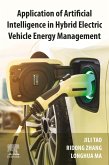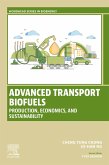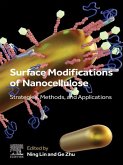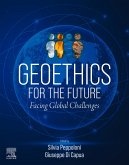Smart City Code: Governance Handbook for Digital Transformation Managers in the Public Sector explores how to govern the planning, implementation, and maintenance operations in smart city projects and transitions, and the urban digitalization processes that may potentially trigger. It provides readers with the evidence-based knowledge they need to approach the complexity of smart city governance, responding to the United Nations' call for more advanced strategic and technical support on urban digital transformations to national, regional, and local governments. The book uses a comprehensive framework that details what configuration of multi-level components should be considered in the governance of smart city transitions. - Provides a code that is concise, simple in language, practical, evidence-based, and user-oriented-designed as a ready-to-use and easy-to-interpret supporting tool for digital transformation managers - Draws on a robust and diversified knowledge base, with a structure and functioning based on the findings of a research project developed in collaboration with the United Nations Human Settlements Programme (UN-Habitat) - Outlines a future research agenda that invites smart city debates to strengthen their focus on the structural problems undermining urban sustainability and the societal challenges emerging from cross-disciplinary objects like smart city transitions
Dieser Download kann aus rechtlichen Gründen nur mit Rechnungsadresse in A, B, BG, CY, CZ, D, DK, EW, E, FIN, F, GR, HR, H, IRL, I, LT, L, LR, M, NL, PL, P, R, S, SLO, SK ausgeliefert werden.









